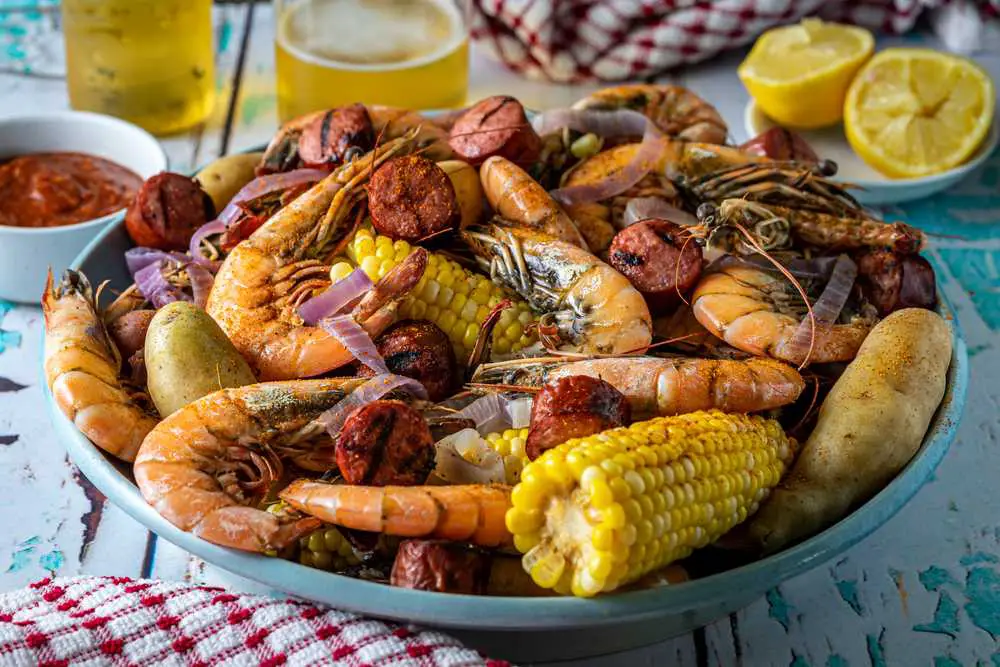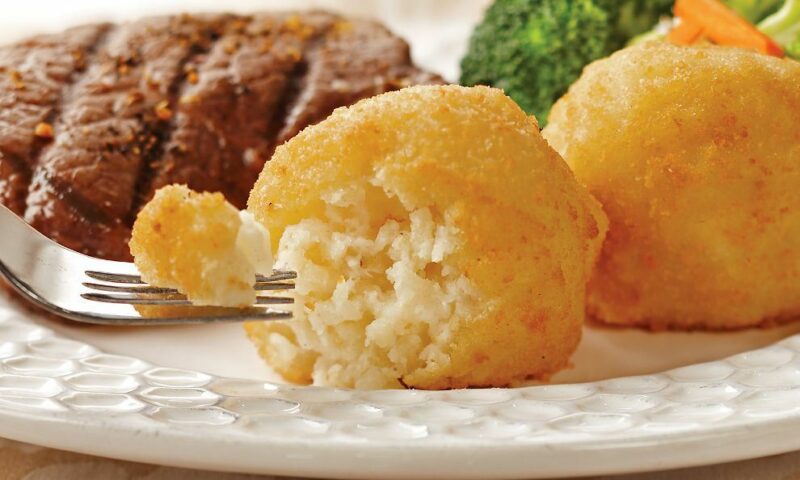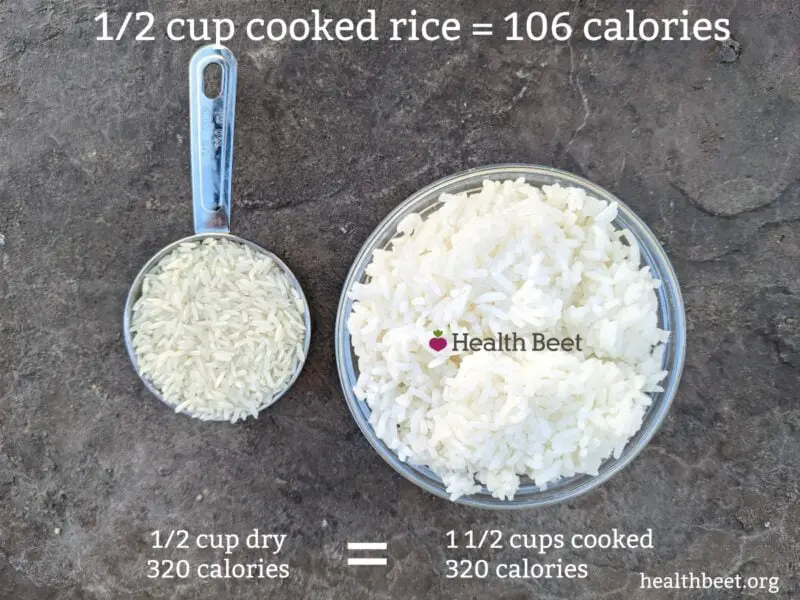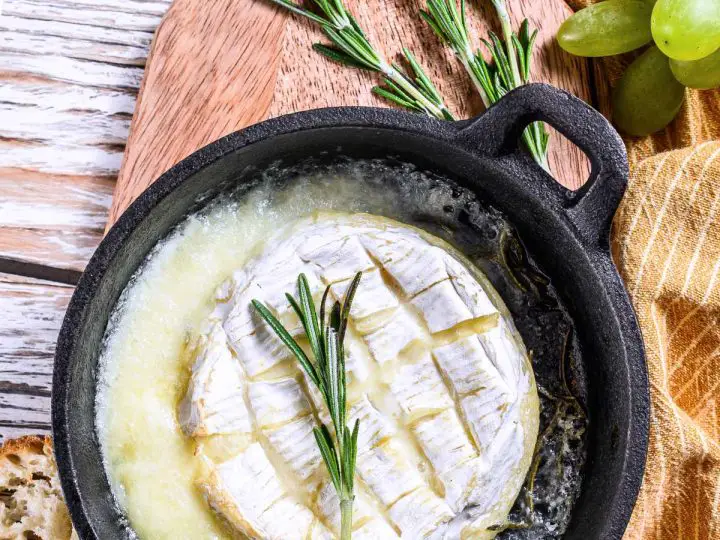Why Onions Should (or Should Not) be Cooked Before Putting Them on Burgers
Onions are one of the classic toppings for burgers, offering a combination of crunch, flavor, and nutrition. However, one of the most frequently debated aspects of onion preparation is whether they should be cooked or raw before being added to your burger. Some people swear by the sweet and caramelized taste of cooked onions, while others prefer the sharp kick of raw onions, and both sides have their own arguments for which is better. In this article, we’ll explore the pros and cons of each approach.
The Case for Cooking Onions Before Burgers
Many people choose to cook onions before adding them to their burgers for a number of reasons:
Health benefits of cooked onions
- Higher in antioxidants: Cooking onions increases their concentration of antioxidant compounds like flavonoids and polyphenols, which can help reduce inflammation and fight against cellular damage.
- Better digestion: Some people find that cooked onions are easier to digest than raw ones, since the heat breaks down some of the tougher fibers.
- Lower cancer risk: Research has suggested that consuming cooked onions may be linked to a lower risk of certain types of cancer, including stomach cancer and breast cancer.
Flavor benefits of cooked onions
- Sweeter taste: Caramelization, which occurs when onions are heated slowly over low heat until their natural sugars break down and brown, can give them a rich sweetness that pairs well with savory burger ingredients like beef and cheese.
- Soft texture that blends well with other ingredients: Cooked onions become tender and almost melt-in-your-mouth, providing a nice contrast to the chewy texture of a burger patty.
Ways to cook onions before putting them on burgers
- Sautéing: This involves cooking sliced onions in a pan with a bit of oil or butter until they are golden and soft.
- Grilling: Onions can be cooked over an open flame on a grill, either wrapped in foil or on skewers. This can give them a smoky flavor that goes well with grilled burgers.
The Case Against Cooking Onions Before Burgers
Despite the many benefits of cooked onions, some people argue that it’s better to leave them raw for your burger. Here are some reasons why:
Health benefits of raw onions
- Good for the immune system: Raw onions contain compounds like quercetin and allicin that have been shown to boost overall immunity and help fight off infections.
- Great for heart health: Some research suggests that consuming raw onions may help lower cholesterol levels and reduce the risk of heart disease.
- High in vitamins C and B6: These vitamins are essential for maintaining healthy skin, immune function, and brain development.
Flavor benefits of raw onions
- Sharp, pungent flavor contrasts nicely with savory burger ingredients: Raw onions provide a bold burst of flavor that can help cut through the richness of beef patties and sauce.
- Gives a nice crunch when bitten into: Unlike cooked onions, raw onions retain their crisp texture, adding a satisfying crunch to each burger bite.
Risks associated with cooking onions
- Nutrients lost during the cooking process: As with any cooking method, some of the nutritional content of onions can be lost when they are heated for long periods of time.
- Unhealthy oils may be used in cooking: Onions cooked using methods like frying and deep-frying may be prepared with unhealthy oils that can negate some of their potential health benefits.
The Middle Ground: Caramelizing Onions Before Burgers
A possible compromise between the cooked vs. raw onion debate is to caramelize them before adding them to your burger. Caramelization involves cooking onions over low heat for an extended period of time, until they turn golden brown and take on a rich, sweet flavor. Here are some reasons why caramelized onions might be the best option:
What is caramelization and why it’s different from sautéing or grilling
- Caramelization is a slower cooking method: Rather than quickly frying or grilling the onions at high heat, caramelization requires patience and low heat to coax out the onions’ natural sugars without burning them.
- Caramelized onions have a distinct taste: The longer cooking time for caramelization allows the flavors of the onion to develop in unique ways, creating a complex mixture of sweetness and umami.
Health benefits of caramelized onions
- Caramelized onions still retain some nutritional benefits: Although some nutrients may be lost during the caramelization process, studies have suggested that caramelized onions still contain a good amount of antioxidants and other beneficial compounds.
How caramelized onions add depth and complexity to burger flavors
- Caramelized onions complement other ingredients: The sweetness of caramelized onions can balance out the salty and savory tastes of beef, cheese, and sauce on a burger, creating a well-rounded flavor profile.
Ways to caramelize onions at home without losing nutrients or adding unhealthy fats
- Use a small amount of healthy oil: Caramelizing onions requires a bit of oil or butter to prevent sticking, but vegetable oils or olive oils can be used instead of less healthy alternatives like vegetable shortening or lard.
- Cook over low heat for a longer period of time: To caramelize onions properly, they should be cooked over low to medium-low heat for at least 30-45 minutes.
- Add a splash of natural sweetener: A small amount of honey or brown sugar can help enhance the sweetness of caramelized onions without adding excessive amounts of refined sugar.
Other Considerations Before Putting Onions on Your Burger
Aside from the debate between cooked vs. raw onions, there are a few other factors to consider when deciding whether to include onions as part of your burger toppings:
Different types of burgers and toppings that go well with both cooked and raw onions
- Cheeseburgers: Cooked onions are a classic addition to cheeseburgers, providing a savory-sweet contrast to the melted cheese.
- Veggie burgers: Raw onions can provide a nice crunch and sharpness to milder veggie burgers, while caramelized onions add depth of flavor and sweetness.
How to prevent bad breath after eating onions
- Brush your teeth or chew gum: Brushing your teeth or chewing gum with a strong minty flavor can help mask onion breath.
- Drink plenty of water: Staying hydrated can help flush away some of the compounds in onions that cause bad breath.
- Eat a piece of bread: Munching on a slice of bread or cracker after eating onions can help absorb some of the odor-causing compounds.
Onion allergies and sensitivities
- Some people may be allergic or sensitive to onions: If you experience symptoms like itching, swelling, or digestive distress after eating onions, you should talk to your doctor to determine if you have an allergy or sensitivity.
- There are alternatives to onions: If you can’t eat onions for whatever reason, consider substituting other toppings like sautéed mushrooms, avocado slices, or roasted red peppers instead.
Conclusion
In the end, whether you choose to use cooked or raw onions on your burger is a matter of personal preference. Both preparations have their own unique benefits and drawbacks, depending on factors like taste preference and health concerns. However, caramelized onions may be a compromise solution for those who want to enjoy the sweetness of cooked onions without losing too many of their nutrients. Whatever your choice, make sure to choose high-quality onions and cook or prepare them in a way that enhances their flavor and nutritional value.
Personally, I don’t eat burgers, so I don’t have a preference between cooked or raw onions. However, I hope this article has provided some useful information for those who do!
1. Why should onions be cooked before putting them on a burger?
If you’re looking to add some savory flavor to your burger, cooking onions is a must. Raw onions can be too pungent, overpowering the taste of the meat. On the other hand, sautéed or grilled onions bring out a sweetness and depth of flavor in the vegetable that pairs beautifully with a juicy burger.
2. How do I caramelized onions for my burger?
Caramelized onions are a delicious addition to any burger and are surprisingly easy to make. Start by slicing up a large onion into thin strips and placing them in a non-stick or cast-iron skillet with some olive oil or butter over medium heat. Stir frequently until the onions start to soften and turn golden brown, usually around 15-20 minutes. Season with salt and pepper to taste, and enjoy on top of your favorite burger.
3. Can I put raw onions alongside cooked onions on my burger?
While it’s certainly possible to include raw onions alongside cooked ones on your burger, keep in mind that the two will offer very different flavors. Raw onions tend to be sharper and more intense than cooked onions, so if you do decide to mix the two, be sure to balance out the flavors with other ingredients like lettuce or tomato.
4. Should I cook red or white onions for my burgers?
Either red or white onions can be used on burgers, depending on your personal preference! White onions are sharp with a high sulfur content, while red onions have a milder flavor and lend a beautiful pop of color to any dish. Some people prefer one over the other depending on which type of meat they’re using (red onion might go better with lamb burgers, for example). Experiment with both kinds and see which you like best!






